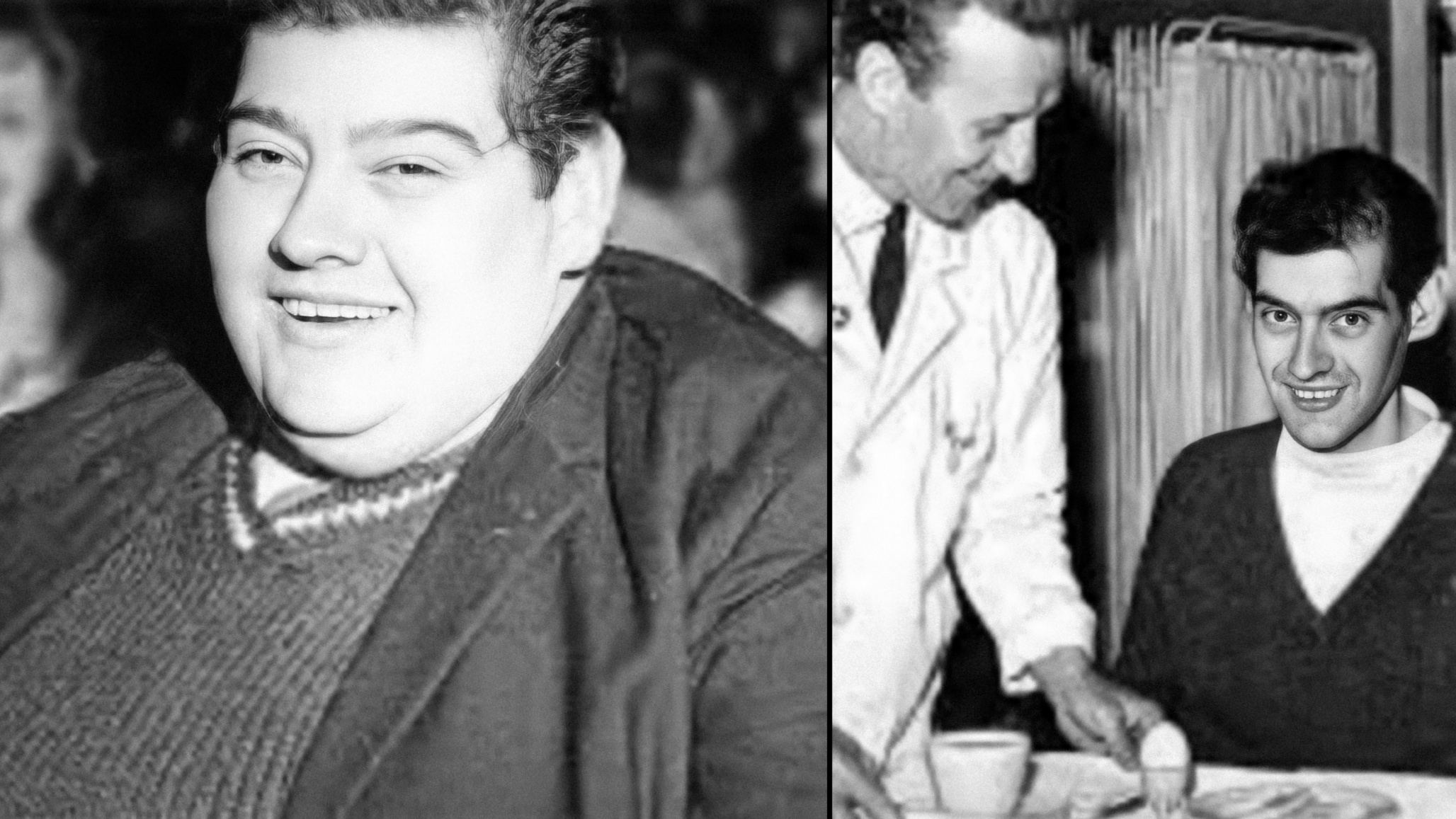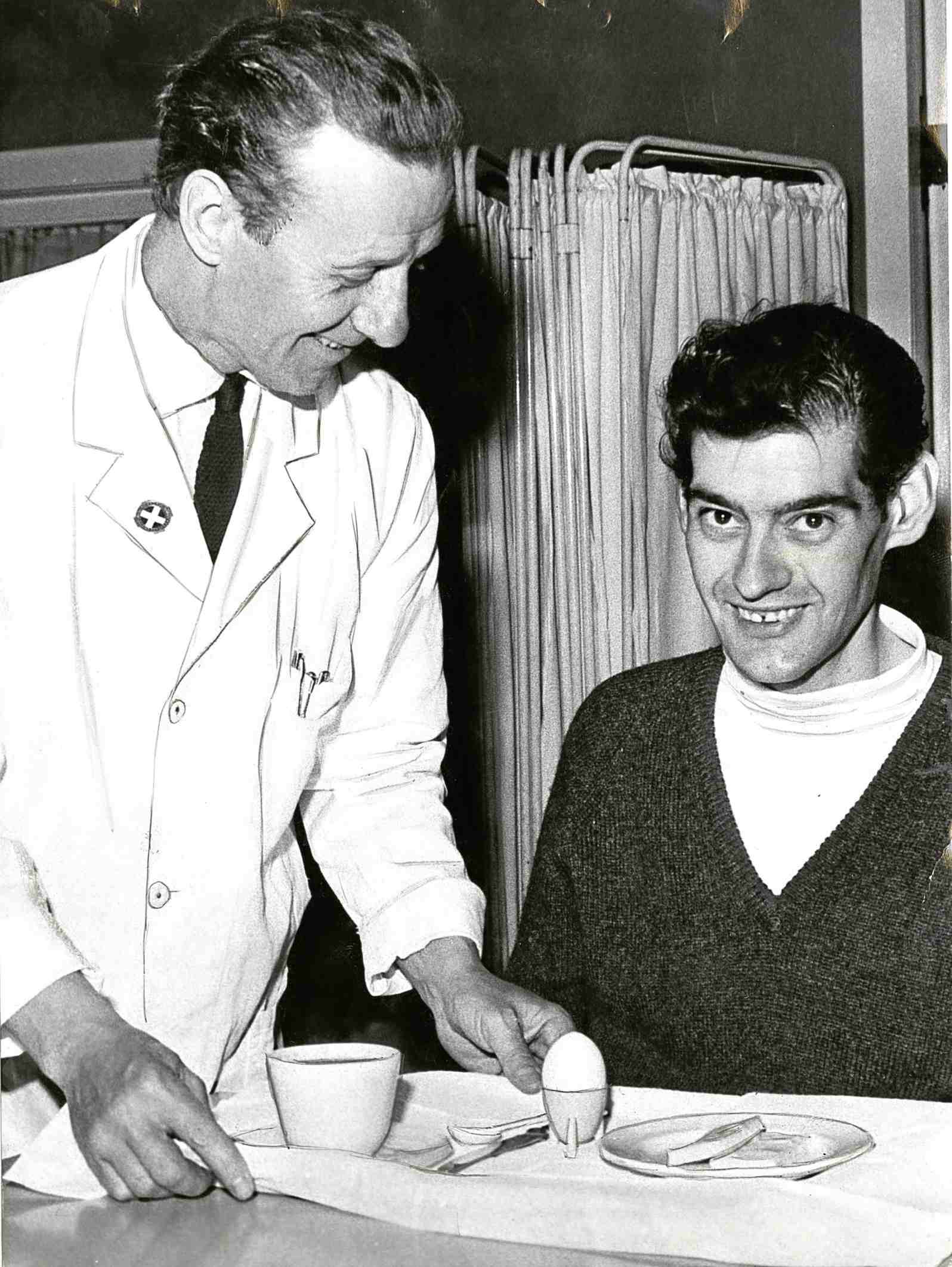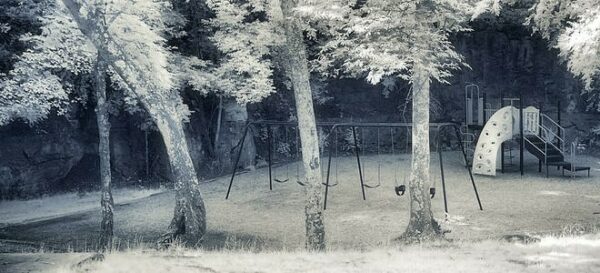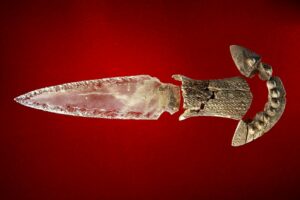How long can a man live without eating food? How much weight can one lose in a year? If I say it’s “a long one year” that a man can live without any food, losing his weight about 276 pounds (125 kg), I know you will never take it. But believe it or not, this happened in real life a few decades ago in the 1960s.
A Scottish man named Angus Barbieri fasted for a long 382 days. He lived on only tea, coffee, soda water and vitamins. He lost a whopping 276 pounds (125 kg) and set a record for the length of a fast.
The incredible story of Angus Barbieri

On July 12, 1966, the Chicago Tribune published an article about the unlikely story of Angus Barbieri, a man from Scotland who was eating a breakfast consisting of a boiled egg, some buttered bread and coffee.

This was no ordinary breakfast, though. It was actually the breaking of a fast that had started more than a year earlier. Specifically, it was the first food Barbieri consumed in 382 days. During that time, he literally ate no food. No meat, no vegetables, no fruit, no smoothies, even no light meals.
When he started his diet, Barbieri tipped the scales at a whopping 472 pounds at only 26 years of age. No sources divulge much information as to how the young man got so heavy, other than he worked in his parent’s fish and chips house.
Being so overweight, Angus was looking for a way to get back down to a healthy appearance. After consulting with doctors, they agreed he should try “total starvation” in an attempt to lose the weight. Angus agreed, and the fast was on.
For the next 382 days, Angus was completely devoted to the task at hand. He quit his job and worked closely with doctors, who monitored his condition. Although he didn’t eat any solid food, his body still needed some vitamins to endure the brutal starvation.
The Chicago Tribune reported he consumed only water, soda water, tea, and coffee, along with prescribed vitamins during the fast. “I occasionally had a little milk or sugar in my tea,” he said. During the fast, he reportedly stayed in hospitals for two or three days at a time, and then returned home.
After his grueling year was over, Barbieri weighed a trim 179 pounds — and was not planning on returning to work in the fish and chips house, which his family had sold. He even said he had forgotten what food tasted like. According to a report published in the Chicago Tribune, the next day he told a reporter, “I thoroly enjoyed my egg and I feel very full.”
This survival superfood delivers more nutrients than a whole meal in just 30 grammes
What a unique and interesting story. As a disclaimer, this post is not intended to endorse starvation as a means to lose weight. In fact, the same doctor who supervised the fast reported he knew of “five fatalities coinciding with the treatment of obesity by total starvation.”
In other words, five other people had died trying to do the same thing. Don’t try this at home. This story, though, may teach us something about short-term survival situations and the tremendous adaptations the body makes.
The first lesson Mr. Barbieri can teach us is that food isn’t a top priority if we find ourselves in a bind. Simply put, our bodies can go for quite an extended period of time without eating. Yes, Angus was in a unique situation hundreds of pounds of fat stores clinging to his body, but the fact stands to reason.
Even a relatively fit individual likely has enough fat reserves to last long enough to endure a short-term situation. Dangers like dehydration and hypothermia are much bigger concerns. There even have been reports of people dying from thirst in as little as two days. If you’re in a bad spot, finding water and shelter should be your first priority.
Second, this incredible story teaches us a bit about how the body is designed. Obesity is a growing problem in America, and we tend to view fat as a bad thing. The truth, though, is that throughout history, a limited amount of body fat was a good thing. Every pound of body fat contains roughly 3,500 calories – which can be useful during a survival situation. With the irregular diets of some of our ancestors, the ability to store fat was a survival must.
The survival water filter that fits in your pocket
Of course, our diets and sedentary lifestyles have made packing on the pounds easy. On the upside, they also have given us a bit of insurance if we find ourselves in a bad spot. Even if you find yourself in the most remote location in the lower 48 states, you likely have enough calories on your body to make the trek out – provided the temperatures don’t kill you first.
Again, finding water and shelter are much higher priorities than finding food. In fact, one survival expert, Dave Canterbury, told Off The Grid Radio that he encourages people who aren’t foragers not to eat anything in a short-term survival situation, out of fear they might eat something poisonous.
Keep in mind, though, that this view of survival applies only to short-term situations. Long-term situations would require a different approach in order to replenish your calories. Otherwise, you’ll simply become too weak to achieve any of your survival chores.
Final words
Although the unique story of Angus Barbieri is an interesting tale, it does offer up a few lessons for folks interested in survival and the human body. We can be comforted knowing that we all are likely carrying around at least a few days of calories in fat reserves on our body. Know the real dangers you face if you happen to be stranded, and plan accordingly.




